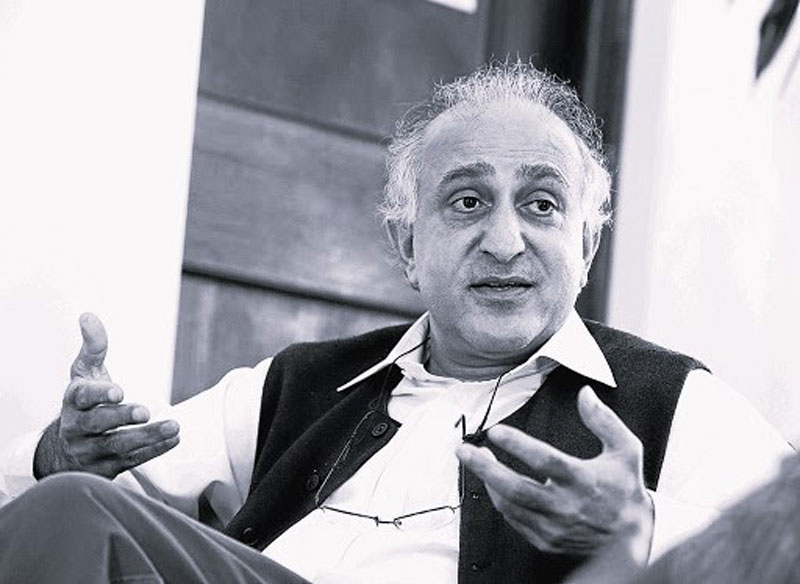

Reparative Justice and Social Justice Scholarship, Prof Saleem Badat
October 22, 2024 @ 12:30 pm - 1:45 pm
Based on my concerns with social justice, equity, diversity and inclusion at universities and in the wider society and with social justice scholarship, in this seminar I engage reparative justice through four vignettes. These encompass political detention and torture and the Truth and Reconciliation Commission reparations, the roles played by universities in South Africa under colonialism, segregation and apartheid, political banishment and my book, The Forgotten People (2012), and the exclusion in 1971 of an 18-year-old black South African from junior Wimbledon that I document in Tennis, Apartheid & Social Justice (2023). Each vignette is distinguished by time and context, the nature of the hurt and harm, the actors involved and the question of appropriate restorative justice. I take reparative justice as an approach to social justice that focuses on ‘those who have been harmed, and focuses on repairing past harms, stopping present harm, and preventing the reproduction of harm.’ The question of harm raises myriad questions related to the scope, reach, nature and targets of reparative justice, appropriate reparative justice, material reparations and symbolic reparations, the challenges of securing reparative justice and the scholar in knowledge making. By way of a conclusion, I offer six theses on reparative justice.
BIO
Saleem Badat is Research Professor in the Department of History at the University of the Free State. He began his academic career in 1989 at the University of the Western Cape, eventually becoming the Director of its Education Policy Unit. In 1999, he was appointed the first CEO of the Council on Higher Education, the advisory body to the Minister of Higher Education & Training. Following that, he served as vice-chancellor of Rhodes University from 2006 to 2014.
Between 2014 and 2019, he was the first Program Director of International Higher Education & Strategic Projects at the Mellon Foundation in New York, directing grantmaking in the arts and humanities to African and Middle East universities and institutions. Combining critical theory and practice, scholarship and activism, his concerns are structure and agency, reproduction and transformation, equity, redress, and social justice in and through universities, and the decolonization and transformation of universities. His books include Tennis, Apartheid and Social Justice (2023), The Forgotten People: Political Banishment under Apartheid (2012), Black Man, You are on Your Own (2009), and Black Student Politics, Higher Education and Apartheid (2000). He is the author of some 60 book chapters, journal articles and research reports, and over 40 magazine and media opinion pieces. Awards include honorary doctorates from the universities of the Free State, York and Rhodes, the Inyathelo Exceptional Philanthropy Award and the HSRC-USAF award for research excellence in social justice scholarship.
To register, click HERE.